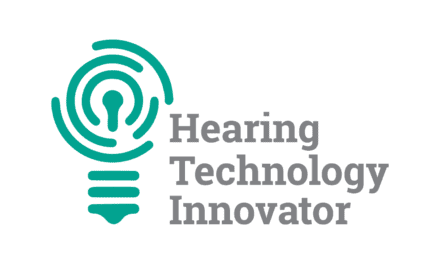The Institute of Medicine (IOM) and its Committee on Accessible and Affordable Hearing Health Care for Adults will hold its second of three public workshop on Tuesday, June 30 at the Keck Center of The National Academies in Washington, DC. As detailed previously in the June edition of HR (p 9), this series of meetings addresses many of the most important and controversial topics related to affordability and disparities in access for hearing aids and assistive devices, as well as the treatment of tinnitus (excluded are surgical and pharmaceutical approaches and pediatric hearing care).
Chaired by Dan G. Blazer, MD, MPH, PhD, the workshop is categorized as a “Consensus Study” that will culminate in a Consensus Report by May 2016. In the first meeting, as well as in a January 2014 IOM-NRC meeting titled “Hearing Loss and Healthy Aging,” panelists provided background on the importance of hearing to individual and societal health, including issues such as isolation, social connectivity, well being, and economic productivity. They also examined federal regulations for hearing aid dispensing by asking if current regulations—including the “medical waiver system” and FDA’s classification of hearing aids and PSAPs—provide a clinically meaningful benefit to adults with hearing loss and what the required federal regulatory paradigm should be.
The second meeting will consist of six different panel presentations, followed by a panel discussion. The topics and facilitators/presenters include:
- Panel 1: Impact of Hearing Impairment and Use of Services: Facilitator Karen Cruickshanks (Univ of Wisconsin), with Carrie Nieman (Johns Hopkins Univ);
- Panel 2: Hearing Health Care Providers and Scope of Practice: Facilitator Deb Tucci (Duke Univ), with Philip Zazove (Univ of Michigan), Gail Linn (Potomoc Audiology), Michael Andreozzi (Beltone New England), and Wade Chien (Johns Hopkins Univ);
- Panel 3: Affordability and Coverage: Facilitator Jose? Paga?n (Center for Health Innovation at the NY Academy of Medicine), with Susan Miller (CMS), Virginia Ramachandran (Henry Ford Health System), and Stephanie Sjoblad (Univ of NC-Chapel Hill);
- Panel 4: Hearing Health Care Service Delivery: Facilitator Judy Dubno (Medical University of SC), with Lucille Beck (VA), Marc Klau (Kaiser Permanente), and Lisa Tseng (Optum/hi HealthInnovations);
- Panel 5: Devices: Facilitator Richard Ellenson (Panther Assistive Technologies), with Thomas Powers (Sivantos/Siemens), Holly Hosford-Dunn (HHTM), Mead Killion (Etymotic Research), and Kinu Masaki (SmartEar);
- Panel 6: Consumer Perspective: Facilitator Brenda Battat (HLAA), with Julie Kearney (Consumer Electronics Assn), Harvey Abrams (HIA), Richard Einhorn (musician/composer), and Richard Uzuanis (Americans for Better Hearing Foundation).
The IOM report is important not only for the many controversial industry topics it entails, but also because it may provide context for future top-down governmental responses and influence decisions related to any or all of the topics above, with the potential to affect change much faster than the more traditional clinician-to-government bottom-up approach.
You can register to attend the meeting either in person or remotely via WebEx at: http://www.iom.edu/Activities/HealthServices/HearingHealthCareForAdults/2015-JUN-30.aspx
For those attending, there will be an opportunity for public comment, and attendees may indicate their desire to comment on the registration page. Written public comments and questions are welcome at any time during the study and can be submitted to [email protected].





